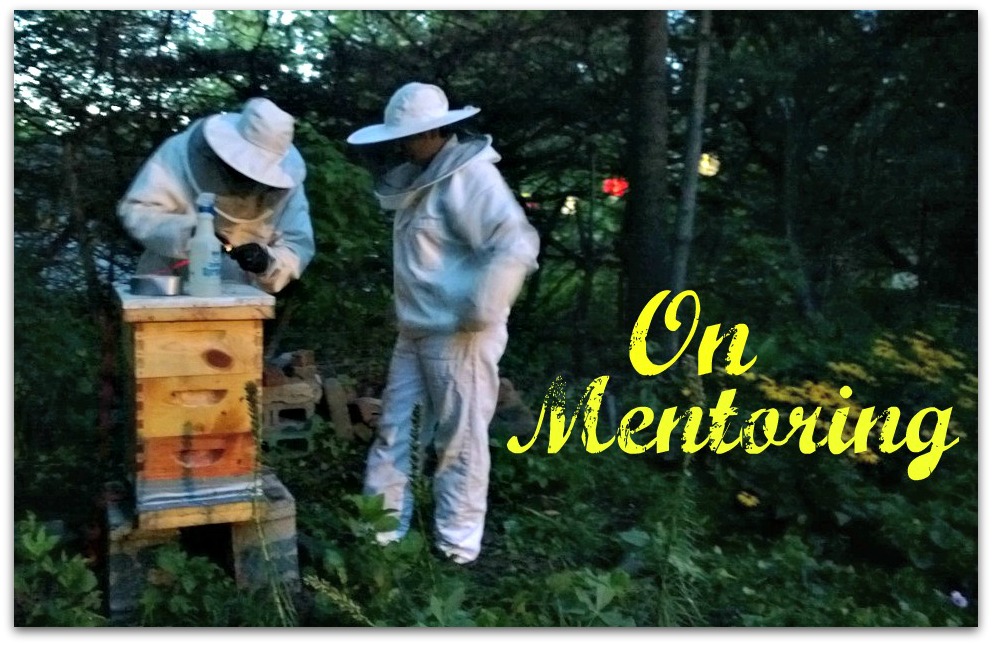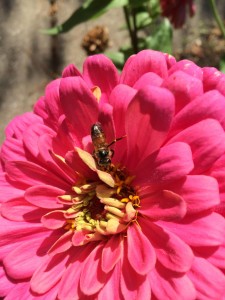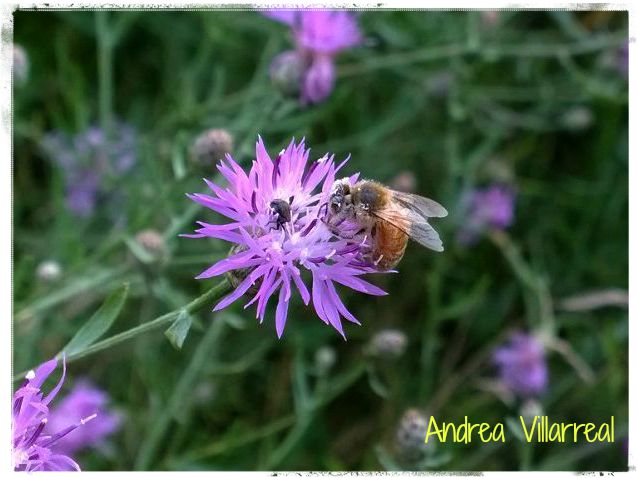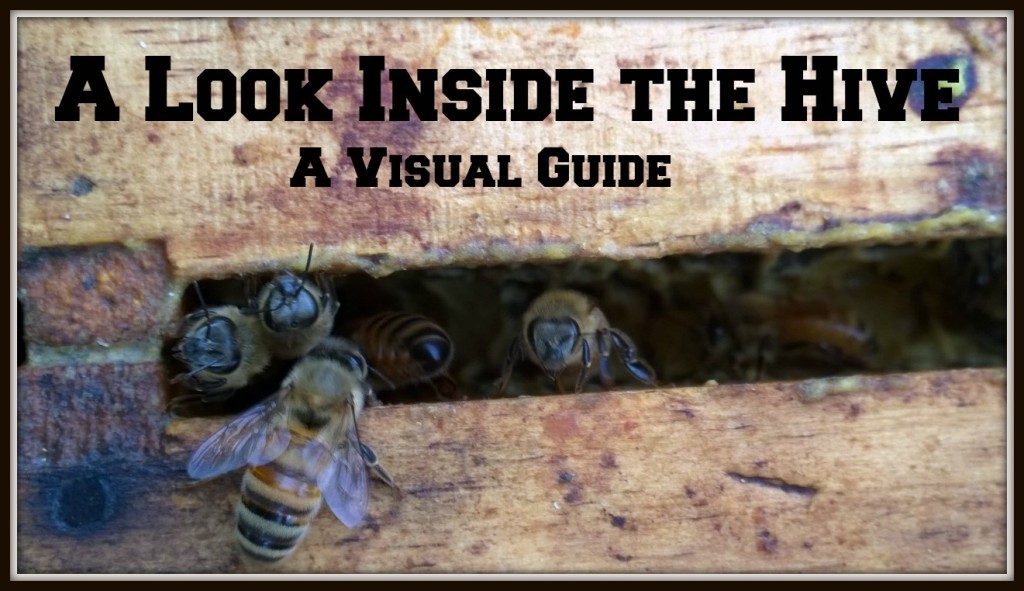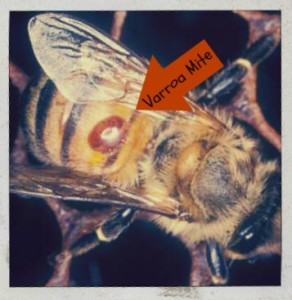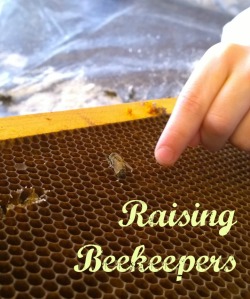Background: I began keeping bees with a death threat hanging over my head. My husband Tom had been diagnosed with colorectal cancer, and needed me to care for his two bee-loved colonies while he aggressively fought the disease.
Wanting to support him however I could, I bee-grudgingly took care of his doggone stinging insects, and in the process, fell head-over-hive tool in love with them.
When Tom passed about a year later, the bees helped me grieve by giving me frequent challenges and the occasional sweet reward of honey, and motivating me to focus on the future and plan for next season and future. I will forever be grateful for the assistance from these angels with real wings.
With the holiday of Thanksgiving almost upon us, I’m reflecting on other bee-related things in my life for which I’m immensely grateful. They include:
BEES: as without these vital pollinators, our dinner table would lack pumpkin pie, cranberries, applesauce and blueberry muffins. They’re also helpful for pollinating brussel sprouts, but frankly—I think we can do without those.
STINGS: I marvel at inter-species communication—like when my dog climbs next to me and places her paw on my leg; or when the bees buzz loudly about me, but then settle down and check me out with amused curiosity. It is magical when they perch on my hand and gaze at me (with lots more eyes than I have) while I gaze back with a mere two eyes. I swear they smile.
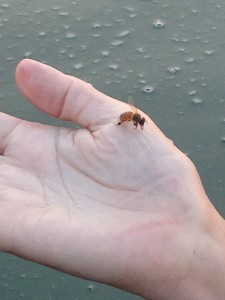
Initially it was unnerving to discover they’re just as curious about us as we are about them, but now I appreciate those shared moments.
However, I do hate it when instinct kicks in and they misinterpret that I’m a threat. Stinging kills the one (or seven) doing the stinging, and really hurts the one getting the sting (me). But, the occasional sting makes me appreciate even more those moments when I know the bees and I are connecting on a mystical, peaceful level.Continue Reading
